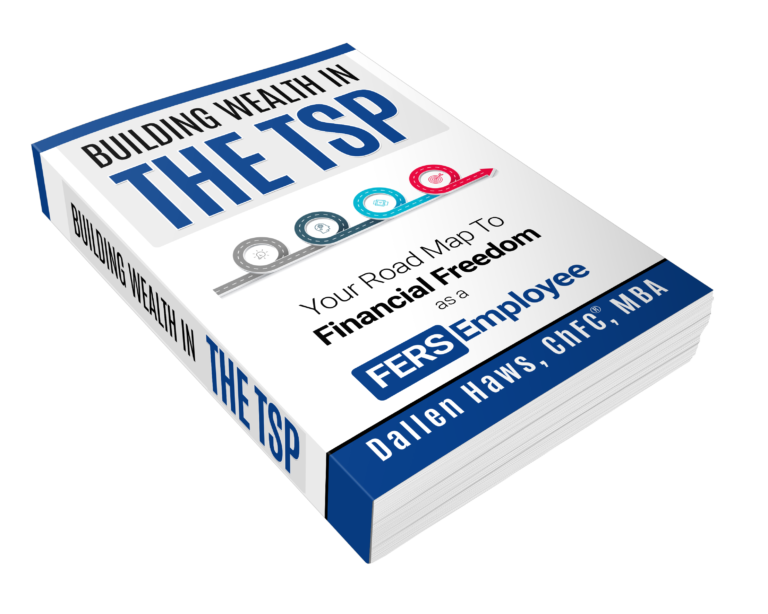Working for the government has its perks and all the benefits are definitely among them. But a question that might not have such a unanimous answer is which FERS benefit is the most valuable?
Some would say your TSP and others your retirement pension. And while these are great benefits, I lean towards a less noticed benefit. Your FEHB (Federal Employee Health Benefits).
Having access to FEHB is a fantastic benefit. It is the largest employer-sponsored plan in the world covering almost 9 million people. And when it comes to most insurance, the larger the group plan, the more affordable it becomes per person.
Now, I am not saying that your other benefits aren’t valuable. I am sure you know how important your TSP, pension, life insurance, and other benefits are. That being said, in my experience helping federal employees retire, FEHB tends to be underappreciated compared to how essential it is in most people’s lives.
Here are a couple of reasons why having FEHB is so rare and valuable.
Very Few Employers Can Offer the Same
One reason that makes FEHB so valuable is that most other large employers don’t offer coverage that is comparable. It is difficult for many companies to compete with the sheer size and cost savings of the FEHB program. Not to mention that federal employees only have to cover about 28% of the premium with the government picking up the rest.
This means that if you pay $400/month in FEHB premiums, the total premium cost is around $1,400/month. And odds are, it would cost much more than that to find comparable coverage on your own.
Ability to Keep FEHB in Retirement
Some employers offer health insurance, and some pay a portion or all of the premium for their employees, but very few allow their employees to stay in the plan after retirement. According to one study, of the employers that offer health insurance, only 18% allow continued coverage into retirement.
And having great health insurance in retirement makes a big difference! Retirement is an exciting time but can also be an uncertain time. Health problems become more prevalent and relying solely on Medicare can be inconvenient at the least and simply not sufficient at the most.
How to Keep FEHB in Retirement?
There are 2 big requirements to keep FEHB into retirement.
-You are eligible to retire on an immediate retirement
-You were covered under FEHB for the last 5 years before retirement.
For those retired military federal employees in Tricare, you can often continue FEHB into retirement if you were covered under Tricare for at least 5 years before civilian retirement and were covered under FEHB on the date you retire.
Because one of the requirements is to be eligible for an immediate retirement, those leaving under a deferred retirement are not eligible to continue FEHB into retirement. Those retiring under postponed retirement are eligible to continue FEHB once they start drawing a pension. This is the big difference between deferred retirement and postponed retirement.
Conclusion
And when it comes down to it, it doesn’t matter much what your “best” benefit is as long as you maximise all your benefits in a way that makes sense for your retirement. All your benefits play a part in helping you create a retirement that you are exciting and confident about.


